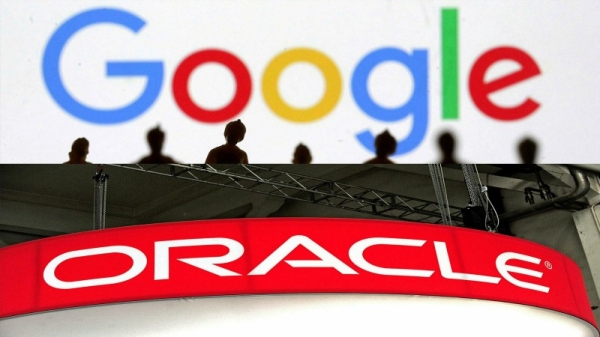The US Supreme Court handed Alphabet Inc’s Google a major victory on Monday, ruling that its use of Oracle Corp’s software code to build the Android operating system that runs most of the world’s smartphones did not violate federal copyright law.
As reported by The Verge, in a 6-2 decision, the justices overturned a lower court’s ruling that Google’s inclusion of Oracle’s software code in Android did not constitute fair use under US copyright law.
Justice Stephen Breyer, writing for the majority, said that allowing Oracle to enforce a copyright on its code would harm the public by making it a “lock limiting the future creativity of new programs. Oracle alone would hold the key.”
Oracle and Google, two California-based technology giants with combined annual revenues of more than $175 billion, have been feuding since Oracle sued for copyright infringement in 2010 in San Francisco federal court. Google had appealed a 2018 ruling by the US Court of Appeals for the Federal Circuit in Washington reviving the suit.
The ruling spares Google of a potentially massive damages verdict. Oracle had been seeking more than $8 billion, but renewed estimates went as high as $20 billion to $30 billion, according to two people with knowledge of the situation.
“The decision gives legal certainty to the next generation of developers whose new products and services will benefit consumers,” said Kent Walker, Google’s senior vice president of global affairs.
Oracle’s lawsuit accused Google of plagiarizing its Java software by copying 11,330 lines of computer code, as well as the way it is organized, to create Android and reap billions of dollars in revenue. Android, for which developers have created millions of applications, now powers more than 70% of the world’s mobile devices.
Google has said it did not copy a computer program but rather used elements of Java’s software code needed to operate a computer program or platform. Federal copyright law does not protect mere “methods of operation.” The companies also disputed whether Google made fair use of Oracle’s software code, making it permissible under the 1976 Copyright Act.
According to tech experts, an Oracle victory would have been disastrous for market competition, as it would have made it harder for companies to use programming elements for their purposes.











